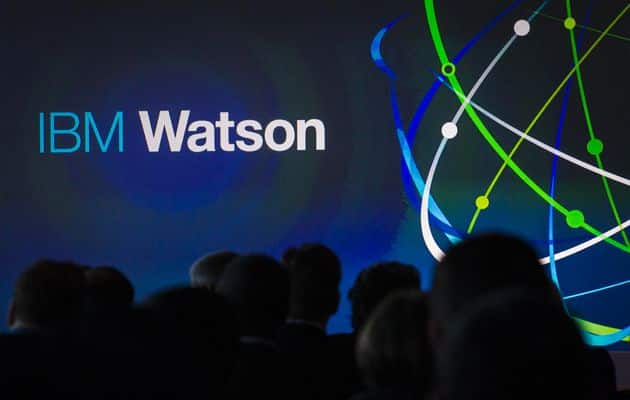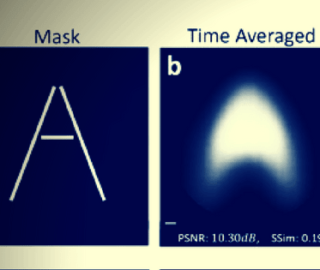
1 – IBM Acquires Merge Healthcare to Grow Watson
IBM announced Thursday that it had made its third acquisition of a healthcare company, since establishing its Watson health business in April. The purchase is the next layer on top of an already established partnership with pharmacy giant CVS, with which it will work to spearhead data-driven diagnostics and advisory services that help customers with chronic conditions like diabetes and heart disease. Watson will be able to take in a more holistic picture of a customers’ health, rather than blindly narrow in on any abnormalities. Watson owes its advances in the health world to IBM researchers, who have been training it in image recognition.
(Read the full article on Times Live)
2 – Persado’s AI-Driven Software Outperforms Human Copywriters
The advertising technology company Persado has developed artificial intelligence software that provides multifaceted insight into marketing language that converts customers. Clients using the technology have seen a 75% better response from customers in opens, click-throughs, and conversions as compared to human copywriters. Users select a target audience, a purpose, and offer details, then Persado performs a matching data analysis that ends in 16 options for email subject lines, including information on emotional response. Chief Marketing Officer David Atlas views the AI as an enhanced tool rather than a replacement for good copywriters.
(Read the full article on TechRepublic)
3 – A Camera that Knows You’re Excited and Edits Accordingly
Graava is the newest video camera to hit the increasingly smart digital gadget market. The camera is tiny, meaning it can safely be hidden in an enclosed palm. While it can be attached to a camera like GoPro, it can also film and edits its own video, which it uses artificial intelligence to manage. The camera uses built-in sensors and can also hook up to third-party heart rate monitors, which it uses to tell you’re excited by how quickly your heart beats. When editing footage, Graava will includes that the parts of the film that correspond with that quick heart rate, associating that excitement with shots worth keeping. It also knows if you’re filming with more than one Graava by comparing data using a GPS – it can then turn multiple perspectives from these different cameras and synchronize into one, fluid video.
(Read the full article on Consumer Affairs)
4 – AI Used to Decode the Mind of the Islamic State
The US military has, with some success, used artificial intelligence to establish strong correlations between particular actions taken by the Islamic State (IS) and outside nations. For example, the analysis showed a solid link between air strikes from the US and Syria and increased use of IEDs in roadside bomb attacks. Computer Scientist Noel Sharkey commented that this type of analysis is helpful in trying to predict IS strategy.
“It suggests that [IS] has a predictable operational strategy rather than an arbitrary one, or a new one for each attack…”
The flipped danger, of course, is that they could switch up their tactics and aim for more unpredictability if they suspect that outside militaries are using this information against them. A paper on the analysis will be presented to delegates of KDD 2015, a data analytics conference, in Sydney, Australia next week.
(Read the full article on BBC News)
5 – Wine Pairs Well with Artificial Intelligence
Dr. Tristan Fletcher of University College, London, and colleagues used machine learning for the first time to attempt to reconcile the unpredictable prices of the wine market. Historically, mathematical attempts at prediction have used linear regression models with very mixed results. The difference in the machine learning is its ability to decipher and pull out correlations that get passed by with the regression model approach. If the calculations are properly implemented, the results should be much stronger predictions of wine market value. The group ran two types of algorithms, using only historical data, for two different groups of wine – those wines that tend to stay at a relative man and those that tend to jump more over the longer term. The technology was more successful for the latter (the more unpredictable) of the two groups. Fletcher’s findings were published this week in the Journal of Wine Economics.
(Read the full article on The Economist)







